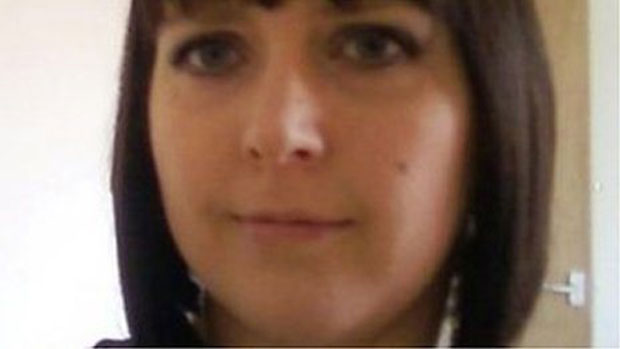Clare's law: how the Domestic Violence Disclosure Scheme works
Abusive pasts of over 1,300 violent partners revealed under Clare's law – but is the law being applied fairly?

A free daily email with the biggest news stories of the day – and the best features from TheWeek.com
You are now subscribed
Your newsletter sign-up was successful
A scheme which aims to protect people from violent partners by allowing police to disclose their history of abuse to present partners has been used more than 1,300 times in less than a year.
Under Clare's law, police in England and Wales released information about the violent pasts of 1,335 people after receiving 3,760 requests. However, the numbers is expected to be much higher as three police forces failed to respond, the BBC reports.
With two women a week killed by a current or former partner in the UK, campaigners say the legislation is vital to protect people from abusive partners, but they argue that it isn't being applied fairly across the country.
The Week
Escape your echo chamber. Get the facts behind the news, plus analysis from multiple perspectives.

Sign up for The Week's Free Newsletters
From our morning news briefing to a weekly Good News Newsletter, get the best of The Week delivered directly to your inbox.
From our morning news briefing to a weekly Good News Newsletter, get the best of The Week delivered directly to your inbox.
How does it work?
The law enables women and men to request information from the police if they suspect their partner may have a history of violence. This request can be made by worried third parties as well as potential victims. The police will then decide whether or not to supply official information on the partner’s background on a case-by-case basis.
What are its origins?
The law, officially known as the Domestic Violence Disclosure Scheme, was named after Clare Wood. She was strangled and set on fire in 2009 by her boyfriend, George Appleton, who had a long history of violence against women.
A free daily email with the biggest news stories of the day – and the best features from TheWeek.com
Her murder sparked calls for greater protection of potential victims of domestic abuse. Her father, Michael Brown, has campaigned for the introduction of the 'right to know' scheme. He says his daughter would still be alive had she known the full details of Appleton's violent background. Following the release of the latest figures, he said he was "quietly delighted" that the law was being used.
How to use the law if you are concerned
Anyone concerned about their partner – or someone else's – is urged to contact the police and ask to obtain a "domestic violence disclosure". After evaluating the circumstances, a domestic violence officer and social worker will make a decision on whether or not to disclose the information. Police are not automatically required to hand over the information, and will only do so if they have reason to believe the person is likely to reoffend.
"Not getting a disclosure doesn't mean there is no violent past," the charity Women's Aid told the Daily Telegraph. "It just means the police either don't have any information, or they don’t feel the risk is high enough at that time."
The public reponse
"Domestic abuse shatters lives," said Home Secretary Theresa May last year. "Clare's Law provides people with the information they need to escape an abusive situation before it ends in tragedy."
However Craig Harper argues in the New Statesman that the law will penalise offenders who have already served their punishment by preventing them from having future relationships. "Not everyone with prior domestic violence convictions goes on to reoffend," he says. ·
There are also concerns that the laws are not being applied in the same way across the country, as disclosure figures vary widely across police forces. Over 60 per cent of requests in Greater Manchester led to a disclosure, compared to just 11 per cent in Merseyside.
"I will be writing to the home secretary to ask what is being done to review its use and ensure best practice is shared across the country and the right decisions are made," said Labour MP Hazel Blears
Women's Domestic Abuse Helpline 0161 636 7525
Men's Advice Line 0808 801 0327
In an emergency call 999
-
 6 exquisite homes with vast acreage
6 exquisite homes with vast acreageFeature Featuring an off-the-grid contemporary home in New Mexico and lakefront farmhouse in Massachusetts
-
 Film reviews: ‘Wuthering Heights,’ ‘Good Luck, Have Fun, Don’t Die,’ and ‘Sirat’
Film reviews: ‘Wuthering Heights,’ ‘Good Luck, Have Fun, Don’t Die,’ and ‘Sirat’Feature An inconvenient love torments a would-be couple, a gonzo time traveler seeks to save humanity from AI, and a father’s desperate search goes deeply sideways
-
 Political cartoons for February 16
Political cartoons for February 16Cartoons Monday’s political cartoons include President's Day, a valentine from the Epstein files, and more
